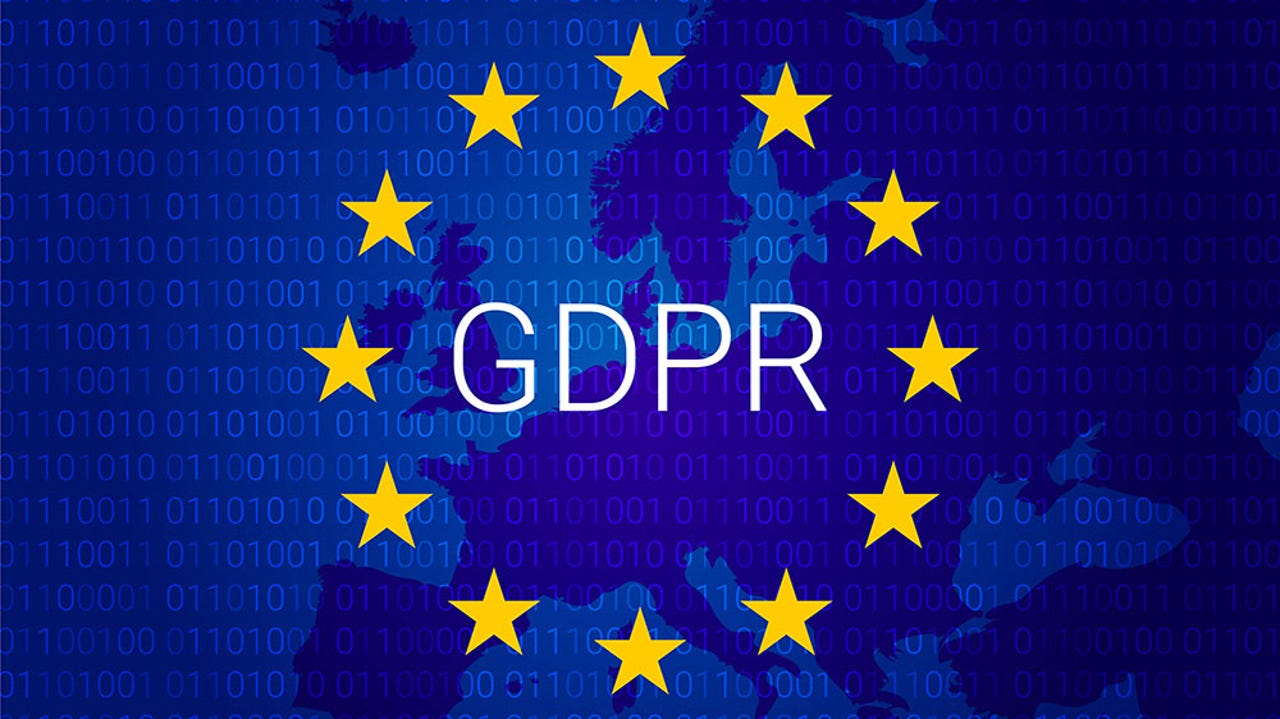GDPR: German laptop retailer fined €10.4m for video-monitoring employees


The data regulator for the German state of Lower Saxony has fined a local laptop retailer a whopping €10.4 million ($12.5 million) for keeping its employees under constant video surveillance at all times for the past two years without a legal basis.
The penalty represents one of the largest fines imposed under the 2018 General Data Protection Regulation (GDPR) not only in Germany but across Europe as well.
The recipient is notebooksbilliger.de AG (doing business as NBB), an online e-commerce portal and retail chain dedicated to selling laptops and other IT supplies.
The State Commissioner for Data Protection (LfD) for the state of Lower Saxony said that the company installed two years ago a video monitoring system inside its warehouses, salesrooms, and common workspaces for the purpose of preventing and investigating thefts and tracking product movements.
Officials said the video surveillance system was active at all times, and recordings were saved for as much as 60 days in the company's database.
But while the retailer thought it was running a banal video monitoring solution, as found in many other businesses across Germany and all over the world, the German data regulator found it to be a gross encroachment on the rights of German workers.
Constant video surveillance encroaches privacy rights
"We are dealing with a serious case of video surveillance in the company," said Barbara Thiel, head for LfD Lower Saxony, in a press release earlier this month.
"Companies must understand that with such intensive video surveillance they are massively violating the rights of their employees."
The German data regulator argued that employees do not have to give up their right to privacy because their employer puts them under suspicion of potentially committing a crime in the future.
"If that were the case, companies could extend surveillance without limit," Thiel said.
The German official claimed that video surveillance was not to be used as a "deterrent" to prevent crime but only when an employer had justifiable suspicion against certain employees. In those cases, employees could be monitored for limited periods of time until the suspicion was confirmed, and not for years in a row.
"Video surveillance is a particularly intensive encroachment on personal rights, because, theoretically, the entire behavior of a person can be observed and analyzed," Thiel said.
The LfD head said that because of the constant video monitoring, employees are under continuous stress and pressure to behave as inconspicuously as possible in order to avoid being criticized for their behavior.
Furthermore, the German data regulator said that NBB also recorded customers while testing devices in its salesrooms without their knowledge or consent, which represented another major privacy breach.
LfD officials said they fined the retailer for its constant video surveillance practices because they had no legal basis, citing the reasons above but also the fact that the company had failed to implement other methods of stopping thefts, such as random bag checks for customers and employees leaving their premises.
NBB describes fine "as wrong as it is irresponsible"
But in a PDF statement published on its website, NBB CEO Oliver Hellmold said the fine and accusation that it monitored employees were unfounded.
"At no point was the video system designed to monitor employee behavior or performance. It wasn't even technically equipped for it," Hellmold said.
The NBB CEO accused the LfD Lower Saxony office of misconduct. He argued that officials didn't visit its premises during the three-year investigation and that NBB previously made adjustments to its video surveillance system at the office's request in order to become compliant.
Furthermore, Hellmold called the fine disproportionate to the company's size and said that they plan to appeal.
"It is absurd that an authority imposes a fine of more than 10 million euros without sufficiently investigating the matter. Apparently, an example is to be made here at the expense of our company," he said.
This is the second fine that the same LfD office has imposed on a company for video monitoring employees. The Hamburg-based data regulator previously fined fashion retail store chain H&M €35.3 million ($42.6 million) last October for a similar offense of keeping employees under constant video surveillance.